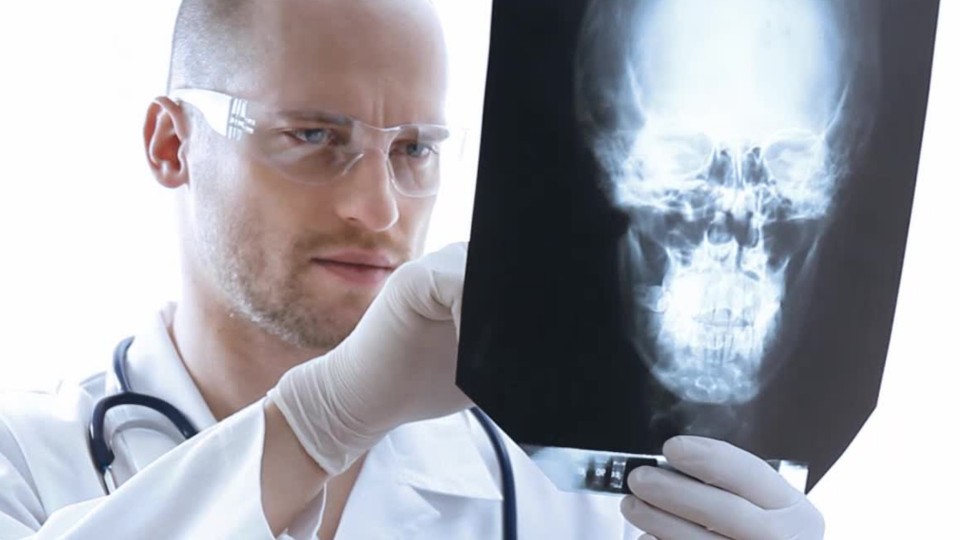Oral & Maxillofacial Surgeons
Doctor of Dental Surgery (DDS), Oral and Maxillofacial Surgeon (OMS), Oral Surgeon, Surgeon
 Select a military branch to see samples.
Select a military branch to see samples.
Dental Assistant; Dental Assistant Craftsman, Dental Hygienist; Dental Manager; Dentist, Comprehensive; Dentist, Oral and Maxillofacial Radiology (OMR); Ophthalmologist; Ophthalmologist, Oculoplastics; Oral and Maxillofacial Pathologist; Oral and Maxillofacial Surgeon, Temporomandibular Joint; Prosthodontist
Comprehensive Dentist; Dental Corps Officer; Endodontist; Executive Dentist; Ophthalmologist; Oral and Maxillofacial Surgeon; Oral Pathologist; Pediatric Dentist; Periodontist; Prosthodontist
No similar titles were found.
No similar titles were found.
Comprehensive Dentist; Dental Hygienist; Endodontist; Operative Dentist; Ophthalmologist; Oral Maxillofacial Surgeon; Oral Surgery; Orofacial Pain Specialist; Periodontist; Plastic Surgeon
Oral and Maxillofacial Pathologist; Oral and Maxillofacial Surgeon; Oral and Maxillofacial Surgeon, Facial Esthetics; Oral and Maxillofacial Surgeon, Maxillofacial Reconstruction; Oral and Maxillofacial Surgeon, Temporomandibular Joint
What they do:
Perform surgery and related procedures on the hard and soft tissues of the oral and maxillofacial regions to treat diseases, injuries, or defects. May diagnose problems of the oral and maxillofacial regions. May perform surgery to improve function or appearance.
On the job, you would:
- Administer general and local anesthetics.
- Collaborate with other professionals, such as restorative dentists and orthodontists, to plan treatment.
- Evaluate the position of the wisdom teeth to determine whether problems exist currently or might occur in the future.
Knowledge
Health
- medicine and dentistry
- therapy and counseling
Arts and Humanities
- English language
Math and Science
- biology
- psychology
Business
- customer service
Skills
Basic Skills
- reading work related information
- thinking about the pros and cons of different ways to solve a problem
Problem Solving
- noticing a problem and figuring out the best way to solve it
People and Technology Systems
- thinking about the pros and cons of different options and picking the best one
- figuring out how a system should work and how changes in the future will affect it
Abilities
Hand and Finger Use
- keep your arm or hand steady
- put together small parts with your fingers
Verbal
- communicate by speaking
- listen and understand what people say
Ideas and Logic
- make general rules or come up with answers from lots of detailed information
- notice when problems happen
Attention
- pay attention to something without being distracted
Personality
People interested in this work like activities that include ideas, thinking, and figuring things out.
They do well at jobs that need:
- Self-Confidence
- Perseverance
- Stress Tolerance
- Self-Control
- Achievement Orientation
- Cooperation
Technology
You might use software like this on the job:
Graphics or photo imaging software
- Apteryx Imaging Suite
- Sirona SIDEXIS XG
Medical software
- DecisionBase TiME for OMS
- Dolphin Imaging & Management Solutions Dolphin Management
Development environment software
- Ada
Education
Education: (rated 5 of 5)
post-doctoral training or
doctoral degree
usually needed
doctoral degree
usually needed
Job Outlook
Average
New job opportunities are likely in the future.
Explore More
You might like a career in one of these industries:
See more details at O*NET OnLine about Oral & Maxillofacial Surgeons.




